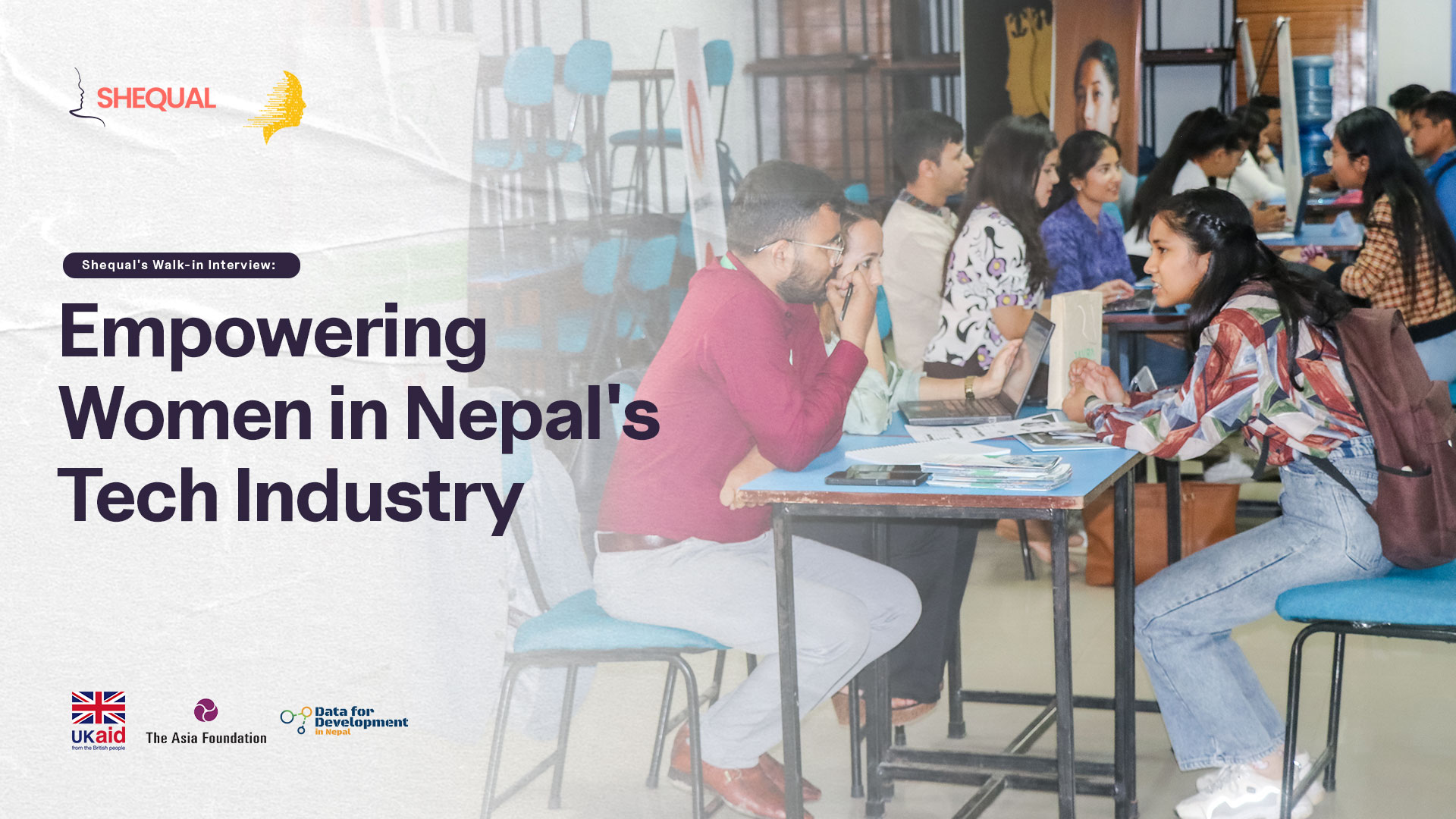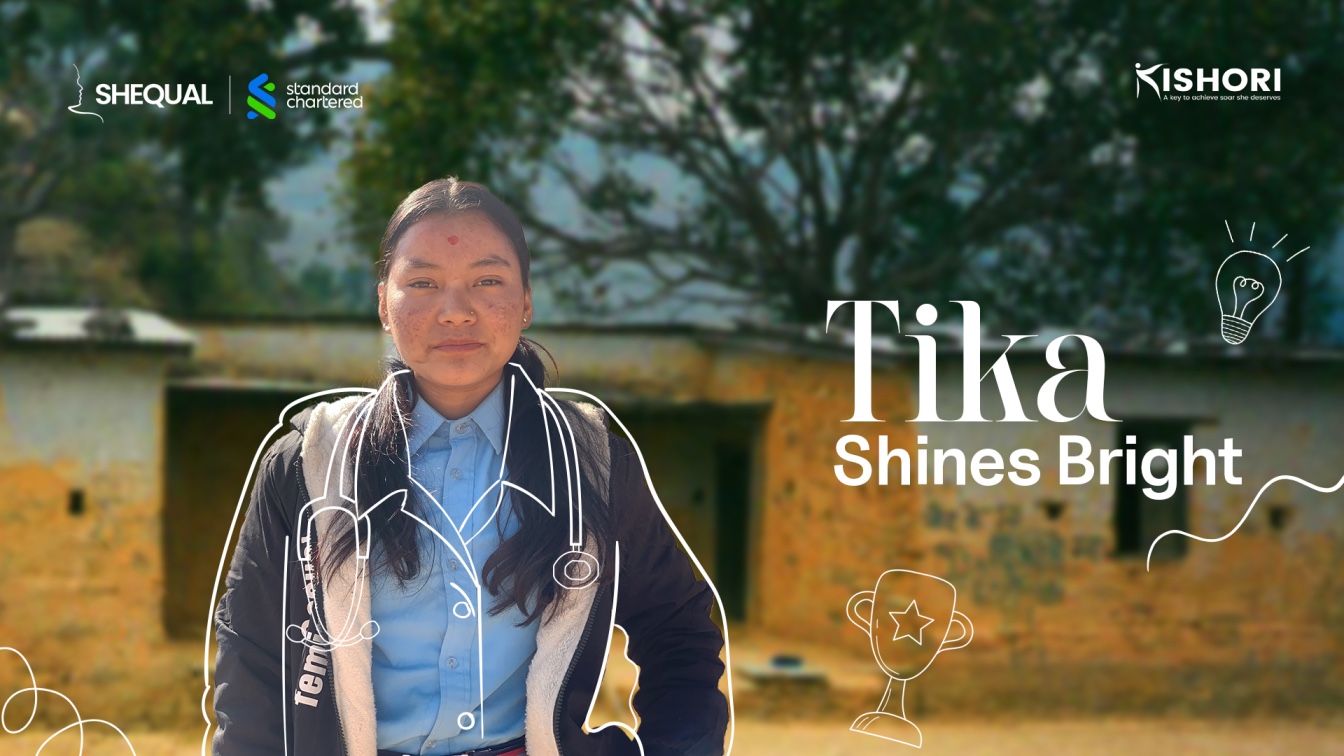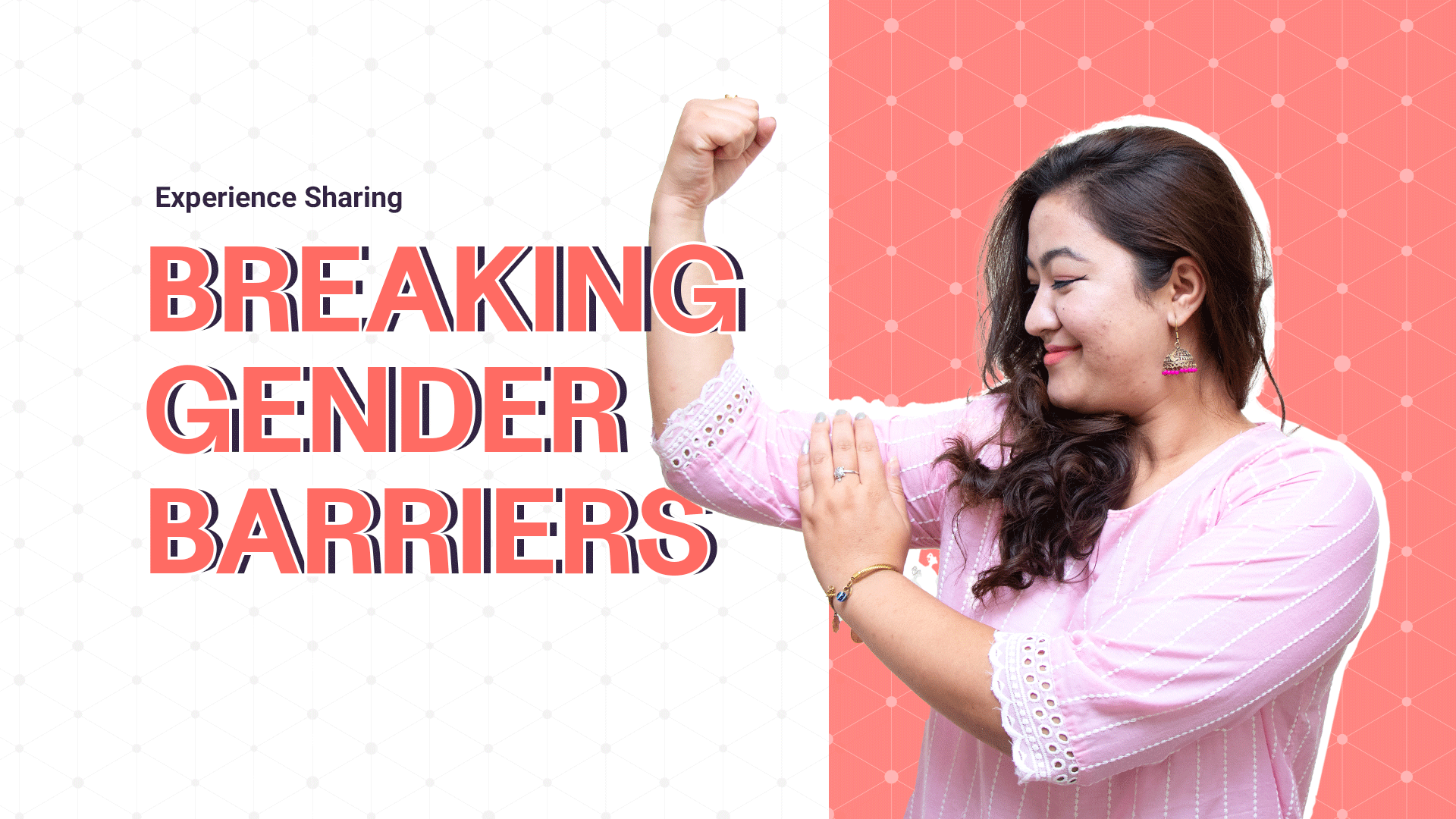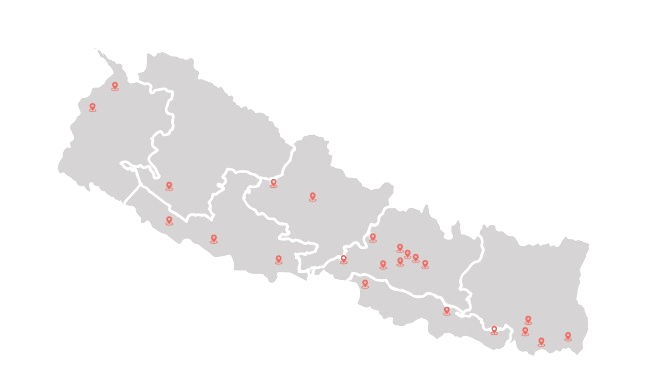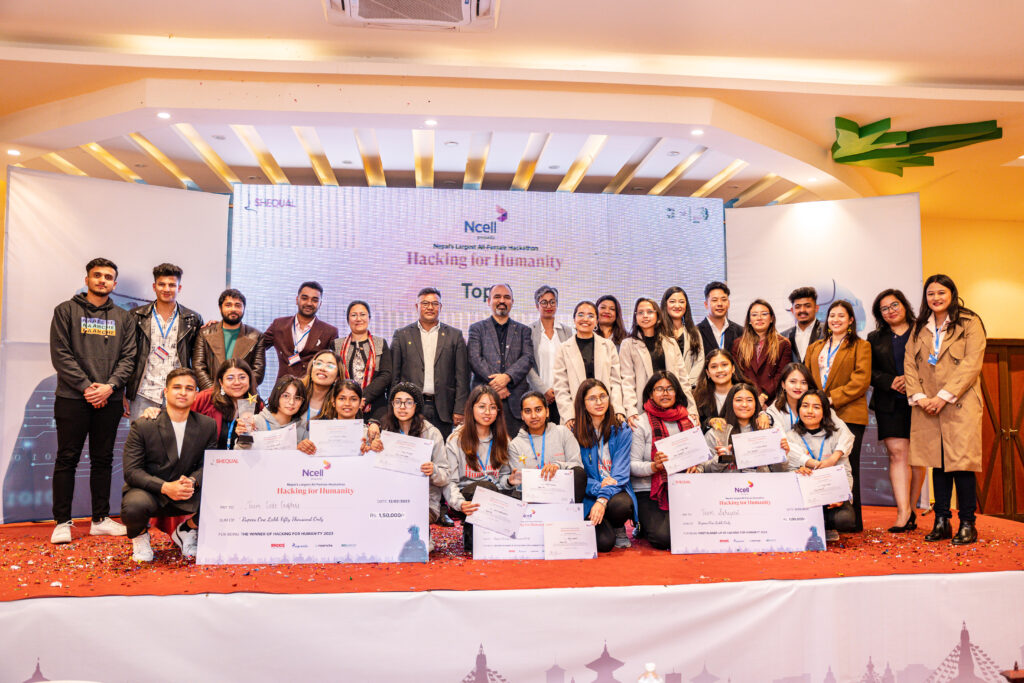The Women in Data Conference 2024, a landmark event celebrating women’s contributions to the data science field, recently concluded with a groundbreaking follow-up: the Walk-in Interview initiative. Organized by the Shequal Foundation and supported by The Asia Foundation’s Data for Development (D4D) project and UKAID, this post-conference event aimed to bridge the gap between aspiring female tech professionals and industry leaders in Nepal’s burgeoning ICT sector. The event saw impressive participation, with over 70 IT and Engineering students engaging with 11 leading Nepali tech companies for on-site interviews, highlighting the focus on empowering women in data science and technology while promoting diversity and inclusion in Nepal’s tech industry.
Held at The British College in Thapathali, Kathmandu, the Walk-inInterview event brought together talented students and representatives from top companies including Job Dynamics, Wise Admit Technology, Logictive Solutions, Cyber Solve IT Inc, Flextecs Nepal, Digital Mantra, Hitachi Energy, Novelty Technology, Intuji, Outcode LLC, and Javra Software. This diverse lineup ensured participants had access to a wide range of career opportunities in data analysis, software development, and other tech-related fields.
The initiative transcended the typical job fair format, offering a dynamic platform for direct interaction between students and potential employers. Participants received immediate feedback and invaluable insights, significantly increasing their chances of securing internships and full-time positions in Nepal’s competitive tech landscape. This approach provided numerous benefits for participants, including career exploration through exposure to various tech career paths and industry requirements, skill development by enhancing interview skills with real-time feedback, and networking opportunities to build professional relationships with industry leaders. Moreover, the event actively promoted women’s empowerment by encouraging gender diversity in Nepal’s tech sector and focused on local talent retention by showcasing opportunities within Nepal’s growing ICT industry.
The event’s success was amplified by strategic partnerships with Jobs Dynamics and The Algorithm is Female, as well as support from trained volunteers who guided participants and ensured smooth operations. This collaborative effort contributed significantly to the initiative’s impact and reach within the tech community.
The long-term impact of this initiative on Nepal’s technology sector is expected to be substantial. By fostering a more interconnected tech community, boosting students’ confidence in pursuing local tech opportunities, providing companies with access to emerging talent, and driving sustainable growth in Nepal’s data science and IT industries, the Walk-in-Interview event has set a new standard for industry engagement and talent development.
The Shequal Foundation’s Walk-in Interview initiative stands as a powerful example of how targeted events can empower women in data science, bridge the talent gap, and foster growth in Nepal’s tech sector. As the demand for data professionals continues to rise globally, such initiatives play a crucial role in developing a diverse, skilled, and motivated workforce in Nepal. For aspiring data scientists, software developers, and tech enthusiasts in Nepal, particularly women, this event showcases the exciting opportunities available in the local industry. It also sets a precedent for future initiatives aimed at creating a more inclusive and dynamic tech landscape in the country.
As Nepal’s tech ecosystem continues to evolve, events like these will be instrumental in shaping a workforce that is not only technically proficient but also diverse and inclusive. The success of the Walk-in-Interview initiative serves as an inspiration for other organizations looking to make a tangible impact in promoting gender equality and fostering talent in the tech sector. With continued efforts and collaborations like these, Nepal’s ICT industry is poised for remarkable growth, offering promising careers for its talented pool of tech professionals, especially women in data and technology fields.

